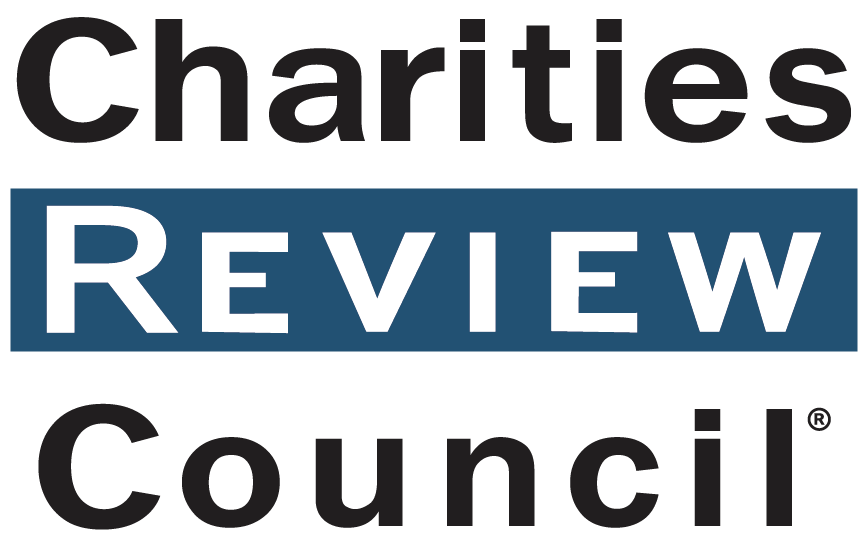What is the exact name of the nonprofit?
Many organizations have similar-sounding names. It’s easy to assume a nonprofit is the community organization with which you’re familiar, but this may not always be the case.
How does the nonprofit use your contribution?
Charities Review Council recommends that at least 65 percent of a charitable organization’s total expenses be used for program services. Although fundraising and administrative costs are necessary to a well-managed organization, donors should expect that a substantial amount of their contributions are used for program services.
What are the organization’s unique mission and programs?
Different charities attack the same problem from different angles. Three cancer charities may have three very different programs:
- Making research grants to scientists
- Publishing pamphlets on a healthy lifestyle
- Providing free mammograms to low-income women.
Your desire to fight cancer might coincide with one mission more than others.
What outcomes has this nonprofit seen through its work?
You need to know that the charity you support really makes a difference. Ask about specific results and accomplishments. Learn about the organization and the issue(s) it addresses. Inquire about the geographic location of the program services and activities.
Is your contribution tax-deductible?
Generally, contributions to organizations recognized by the IRS as 501(c)(3) organizations are tax-deductible and contributions to most other types of organizations are not. However, there are exceptions. Also, when an organization is labeled “tax-exempt,” this does not necessarily mean that the contribution is tax-deductible.
How accountable is the organization?
A nonprofit organization should, in an effort to be transparent to its donors, be willing to supply their IRS 990 tax form or other financial statements to illustrate their validity and give the donor insight into their programs and expenditures.
Is the organization registered by federal, state and/or local authorities?
In order to solicit you for donations, most non-church organizations with a yearly income of $25,000 or greater must file annually with the IRS. Keep in mind that registration is by no means a hallmark of government approval or endorsement.


